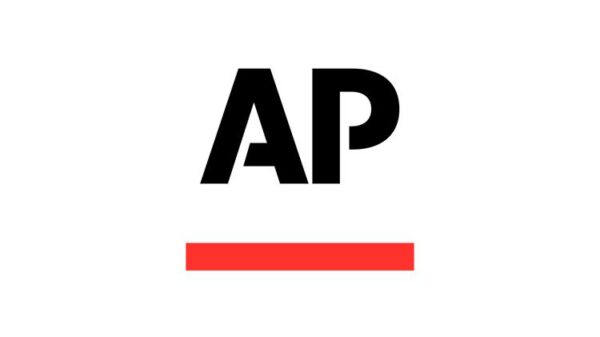A recent study conducted by researchers at the Penn State College of Education has found that private tutoring and supplemental learning, rather than bolstering student engagement, may actually contribute to its decline. The analysis focused on elementary students in South Korea and has raised concerns about the implications of additional educational support on student motivation and classroom involvement.
The research reveals a paradox: while private tutoring is often perceived as a means to enhance academic performance, it may inadvertently create a disconnect between students and their formal education. The study’s findings suggest that the reliance on out-of-school tutoring can lead to disengagement in classroom settings, as students may feel overwhelmed or disconnected from the material taught in school.
Researchers analyzed data from a diverse group of elementary students in South Korea, a country known for its rigorous educational standards and high rates of private tutoring. The study involved over 1,500 students, who were surveyed about their classroom experiences and perceptions of tutoring. The results indicated a troubling trend: students who participated in extensive private tutoring reported lower levels of engagement in their regular classes compared to their peers who relied solely on school-based instruction.
The implications of this research extend beyond South Korea. As private tutoring becomes increasingly popular worldwide, educators and policymakers must consider its potential impact on student engagement. The findings call into question the efficacy of supplemental educational programs and highlight the need for a balanced approach to learning that prioritizes student involvement in the classroom.
The study’s lead author, a professor at Penn State, emphasized the importance of understanding the broader consequences of private tutoring. “We need to assess how additional educational support affects not only academic achievement but also students’ emotional and social connections to school,” they stated. The research underscores the necessity for educational institutions to create environments that foster engagement and connection, rather than relying solely on external tutoring solutions.
As parents and students seek ways to improve academic performance, the findings serve as a reminder to critically evaluate the role of private tutoring in the educational landscape. While it may provide short-term academic benefits, the long-term effects on student engagement could be detrimental, leading to a disconnection from the fundamental learning environment.
In light of these findings, educators are encouraged to explore innovative teaching methods that engage students within their classroom settings, ensuring that learning remains a collaborative and connected experience. As the discourse on private tutoring continues, this research contributes significantly to the discussion about effective educational practices and the holistic development of students in an increasingly competitive academic environment.





































































